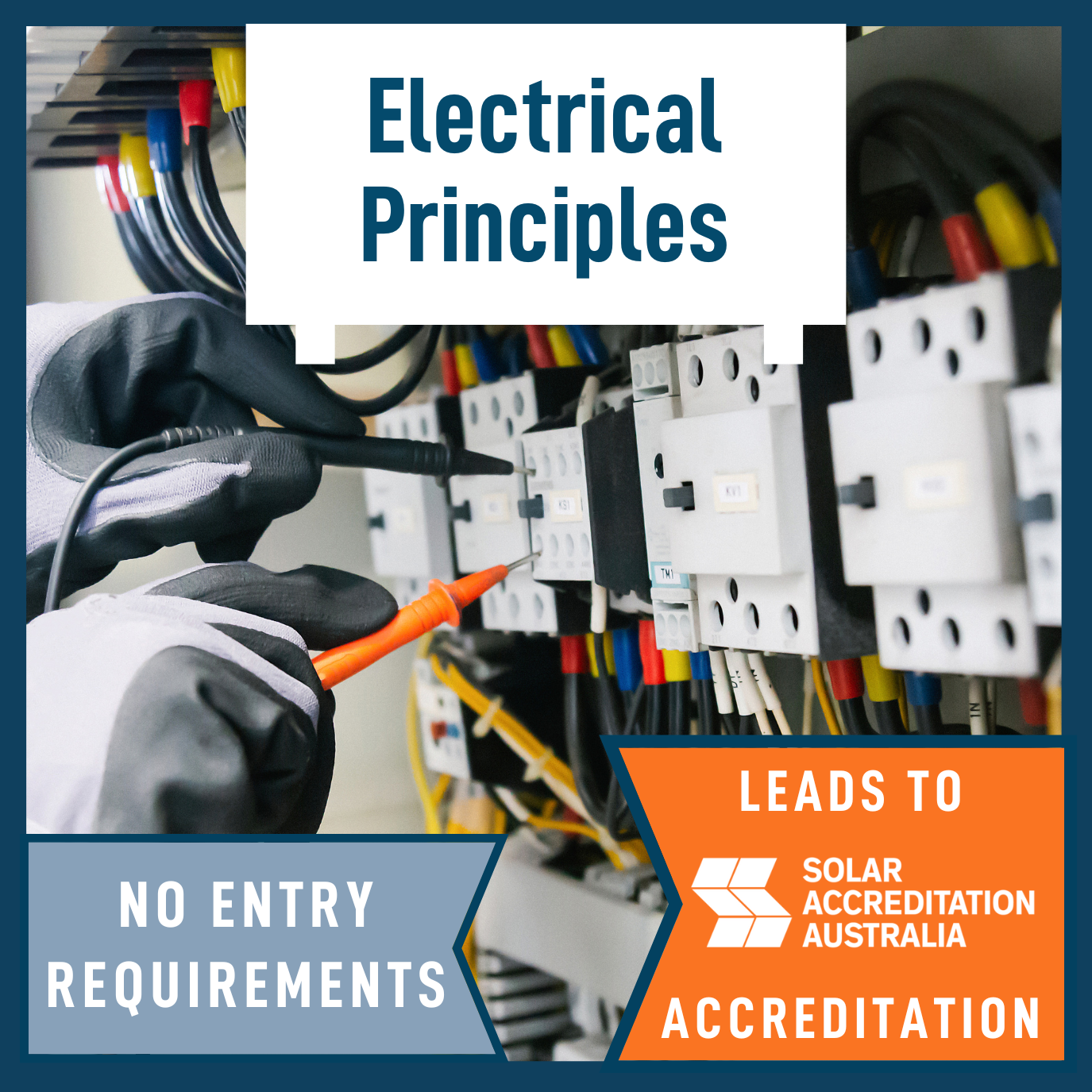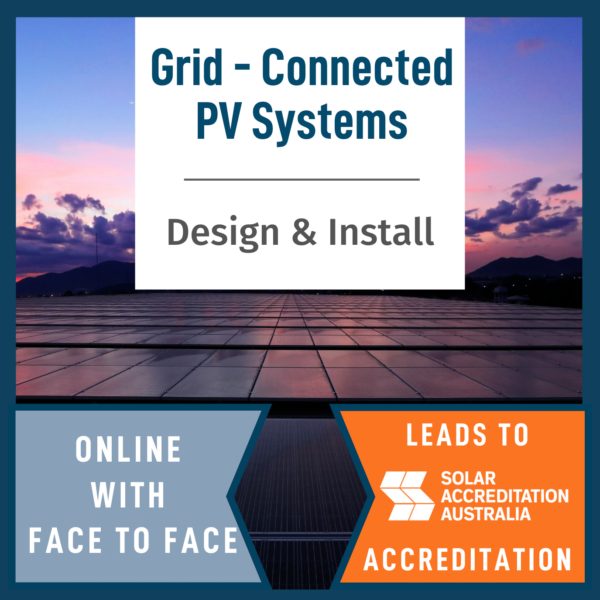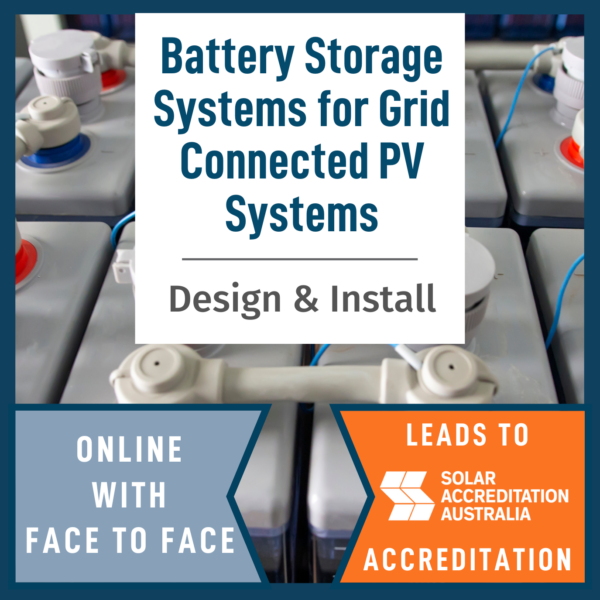Description
This online examination is designed for engineers with electrical knowledge who wish to further their skills by gaining an accreditation to design either grid-connected photovoltaic or stand-alone power systems.
Prerequisites: An engineering degree is the current prerequisite for attempting the electrical basics examination. You will be asked for a copy of your academic transcript upon enrolment. It is expected that only engineers who have previously completed a subject in basic electrical principles will achieve the pass mark.
Terms: The examination fee includes two attempts at the examination, which can be started at any time up to one month after purchase. Access to the examination will expire after 30 days. After an attempt is started, it must be completed within 24 hours. There are 50 questions, and a minimum score of 45/50 (90%) must be achieved to successfully pass. If the pass mark is not achieved after the second attempt, the candidate will not be able to re-attempt the examination for 6 months and will be required to repurchase the examination.
Students will require the following:
Computer with reliable Internet connection
Scientific calculator
A regularly monitored email account for registration purposes
Outcome of successful completion: Certificate of completion and eligible to apply for CEC accreditation following the completion of a CEC-accredited GSES course (e.g. Grid-Connected PV Systems Design Only). This certificate must be submitted in conjunction with the certificate of completion for the GSES course when applying for CEC provisional accreditation.





